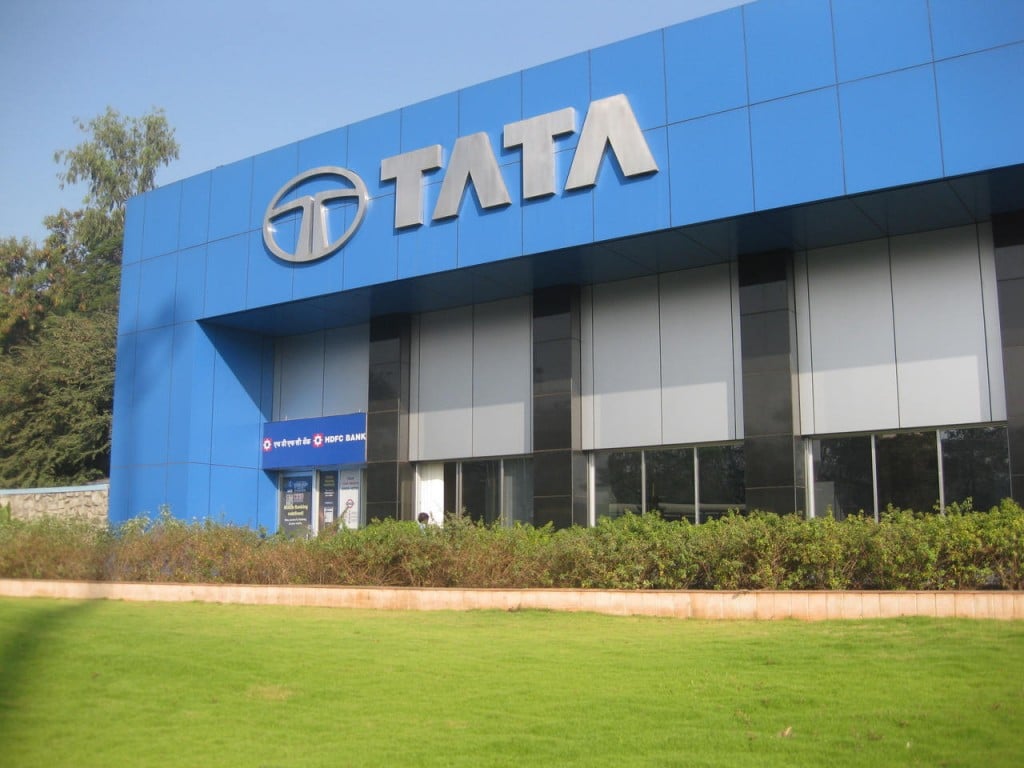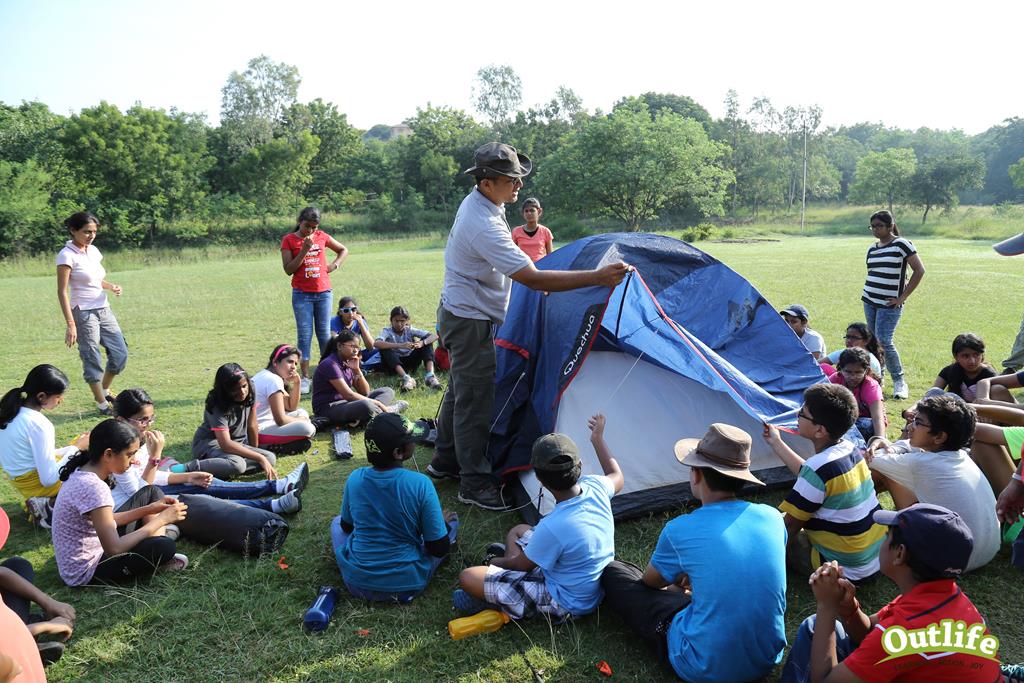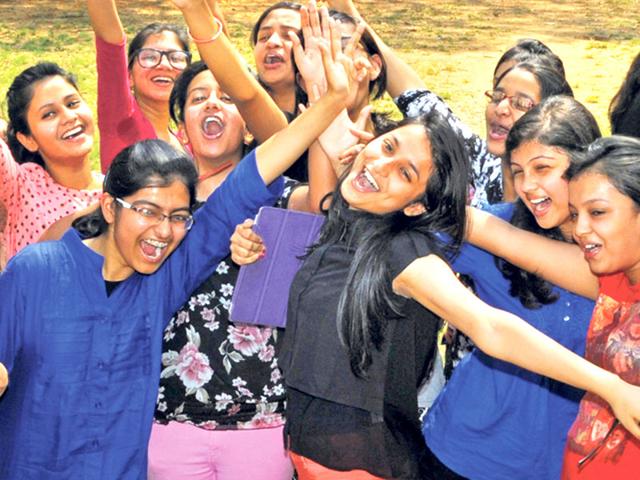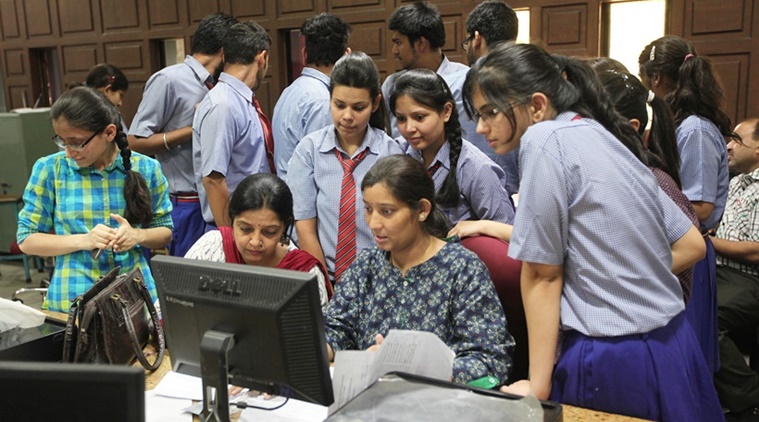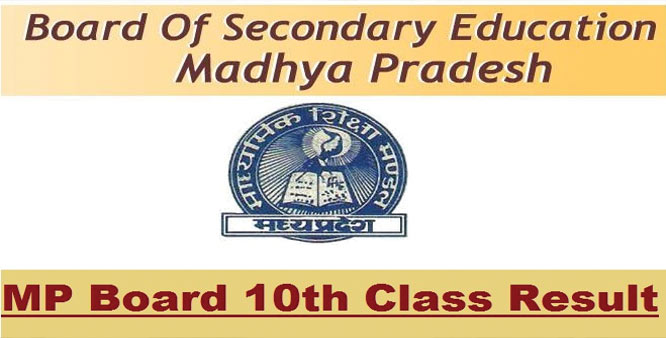Recruitment and selection can be a very expensive and elaborate process for most of the businesses and therefore it demands an urgent need to streamline for enterprises to deliver great results, writes Dr Snigdha Mishra, Professor & HOD-HR, and Prof Rachna Nigam, Assistant Professor-HR, ITM Business School, Navi Mumbai, for Elets News Network (ENN).
Human Resource Management is the most crucial function in the organisation as people offer competitive advantage to the organisation through their unique competencies. HR department takes care of functions such as Human Resource Planning, Recruitment & Selection, Performance Management, Training & development etc. To be able to sustain in the dynamic, changing & competitive market, each HR function has its special characteristics and importance for the organisation. All said and done generally organisations spend most of the time, money and energy in the recruitment & selection process, as it is believed that “getting right people for the right job” is the need of the hour.
Over the years, across industries, it has been observed that some organizations end up hiring too many or too little employees to fill positions available with them. If a department has more number of employees than the need, then the organization may incur heavy losses, as the cost of maintaining that department will go up against its earnings. On the contrary, if a crucial position is left unfilled then that may lead to losses too, as it may result in reduced business outcome & revenue. It is important to understand the need to shift from the traditional concept of hiring to a more streamlined & technically enable process, which not only system-based following “one size fit all” kind of principle but follows the fundamentals of customised outlook for the position and situation as well. It ensures that all job vacancies are given its due attention and also prioritizes each vacancy depending on its criticality. In addition to above the recruiter needs to warrant that only the most skilful and competent person/ persons should be selected for the jobs.
It is imperative to have this focus as hiring an inappropriate candidate can be enormous cost for an organization. The recruitment & selection process is considered appropriate if the new hire failure rate is less or insignificant. When an organisation constantly experiences the termination or voluntarily exit of newly hired employees due to reasons either with the candidate or with organisational systems, processes or culture, it directly hits at a poorly designed recruitment & selection process. It has also been observed that unsuccessful recruitment results in rehiring for the same position again & again and also augments to the price of damage in terms of reputation and cost sustained by the bad hire. Similarly, a good hire that is obviously a consequence of a well-designed recruitment & selection process will not only bring great results for the system but will also be helpful in creating a positive brand image for the organisation.
It can now be inferred upon that recruitment and selection is one of the utmost important functions of Human Resource Management, which calls for minute and careful planning from beginning to the end.
When the recruitment and selection process desire some fine-tuning, the following ideas may help to overcome the pains of the existing processes if any. The HR department can start with clearly defined roles and responsiblities which may ask for revisiting the existing job descriptions and specifications. This may help to identify the right candidates who can be considered for the vacant position in question. The next step can be centred around designing the interview process which may highly depend on make use of a well designed psychometric testing. This will ensure that there is a fit between the candidates’ personality and the job for which he is applying.
There is no harm if the candidate has to undergo the rigor of various skill-based tests and assessments, as it will eliminate a lot of unnecessary time lost in technical and personal interviews. Once the candidate clears the above test/tests the next logical step could be a well-structured interview where he is asked straightforward and relevant questions. The HR must develop a selection committee, as the multiple assessors would help to capture view and assessment on various aspects of the candidate’s knowledge, skills, ability and personality. The selection process should also have the reference check process that may unfold the untold and unfound part of the story and can become a strong guiding force to substantiate the hiring decisions. Besides the above said aspects, the organisations must also build a workplace culture that attracts full-time as well as contingent workers. The culture of the enterprise must enable the employees to feel at home, get connected with the workplace and bring outstanding results at the same time.
The organisations should continually thrive for innovative ways and means to optimise its recruitment and selection process, as a robust and streamlined recruitment process means better engagement at the level of employees and higher business results for the organisations. Needless to say, that the above objective can be best accomplished with the help of technological interventions. Every organisation irrespective of its size, sector in which it operates must bank upon e- recruitment, where a lot of manual work can be reduced, and human errors can be eliminated with the help of software available in the market or can be customised as per the need of the organisation.
It is also imperious to understand that an early exit of a newly hired employee is not always a result of a poorly designed recruitment and selection process but may be an after effect of weak HR architecture. Therefore, the recruitment and selection must follow a great orientation program, buddy support system, administrative support, mentoring program to name a few. The organisations should also take into account the importance of an effective and accepted performance management and development program to be designed and followed for the new hires. Compensation and reward benchmarking will also play an important role in better engagement and performance and a lot of attrition can be controlled by providing competitive and innovative compensation and rewards to the employees.
It can now be inferred upon that hiring fast and hiring well is not the same and may not bring the same results. The need is to evaluate the existing recruitment & selection policies and practices followed in the organisation and constantly move forward with the help of creative and innovative solutions.








